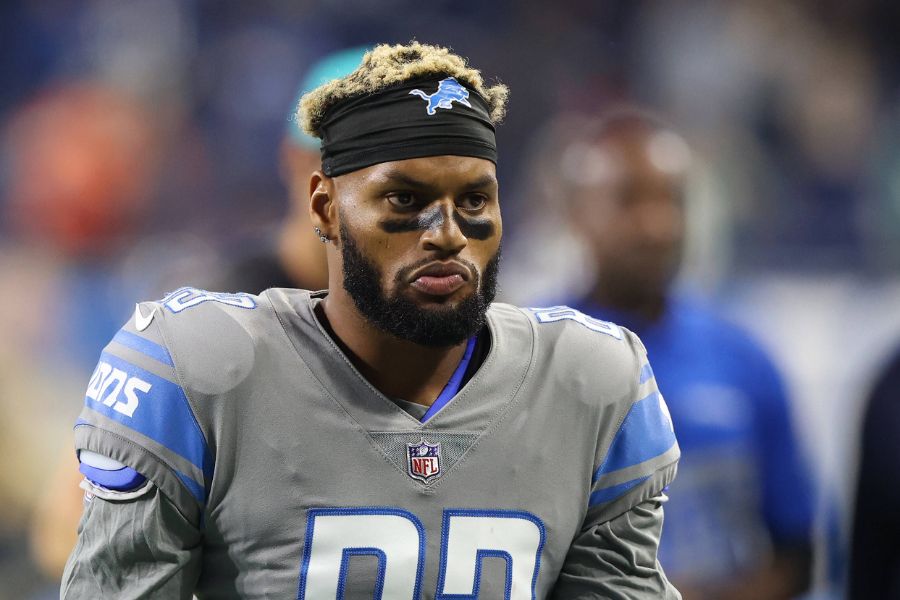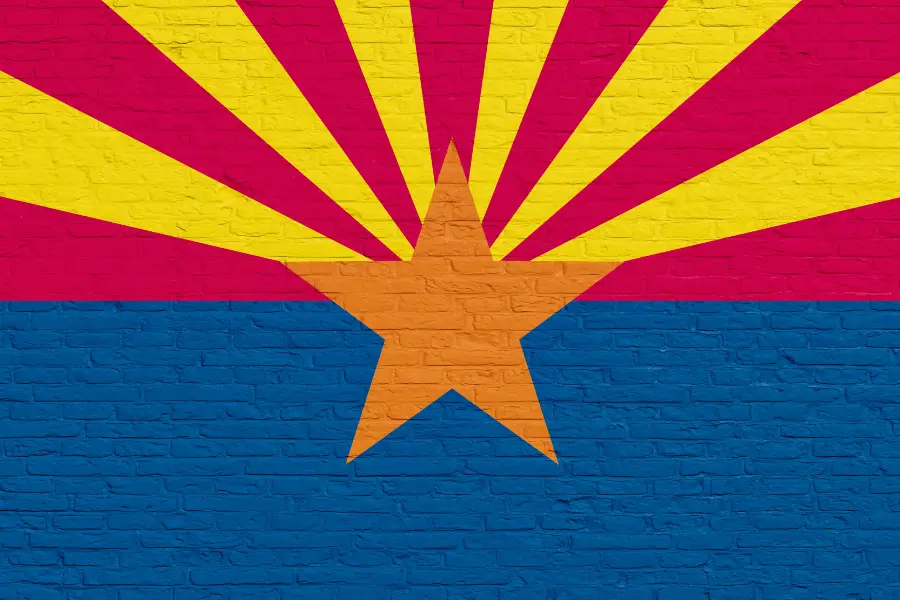Former Wildcats wide receiver Stanley Berryhill was one of four members of the Detroit Lions disciplined by the NFL – and one of five overall. Berryhill and fellow Lions wide receiver and 2022 first-round pick Jameson Williams each received six-game suspensions – and two weeks later, the Lions waived Berryhill.
The other three players – Lions wide receiver Quintez Cephus, Lions safety C.J. Moore, and Washington Commanders defensive end Shaka Toney – each was suspended indefinitely. Multiple reports indicate that, unlike Berryhill and Williams, the latter three players placed wagers on NFL games.
The Lions immediately cut Cephus and Moore, who are barred from playing this season. Toney also will miss the 2023 season and does not appear to be in the Commanders’ long-term plans.
As severe as the three-year-long suspensions may seem, it is the punishments of Berryhill and Williams that likely produced more discussion among NFL players.
That’s because almost all of them must know that betting on NFL games is forbidden – but some presumably weren’t aware that they could not dabble in other forms of online gambling while on the grounds of NFL team stadiums or practice facilities.
In a statement by Lions general manager Brad Holmes announcing the release of Cephus and Moore, Holmes added,
“We are disappointed by the decision-making demonstrated by Stanley and Jameson, and will work with both players to ensure they understand the severity of these violations and have clarity on the league rules moving forward.”
Yet the subsequent release of Berryhill – but not Williams – also should serve as a wakeup call for “fringe” NFL players who also would be unlikely to survive such a blunder.
A Tale of Two Receivers
Berryhill blossomed as a senior at Arizona in 2021, catching 83 passes and totaling 865 yards from scrimmage from his pass-catching and rushing efforts. But Berryhill was not chosen in the 7-round NFL draft in 2022.
Still, Berryhill was selected for the Arizona Cardinals NFL practice squad last September before being released four weeks later. The Lions signed Berryhill to their practice squad almost immediately, and he eventually appeared in four games on special teams last season.
“There will be no attempt to appeal the suspension,” Williams said.
Williams’ agency, Alliance Sports, stressed in a statement that “it is important to note that Jameson’s violation was not for betting on football but rather due to a technical rule regarding the actual location in which the online bet was placed – and which would otherwise be allowed by the NFL outside of the club’s facility.”
While Berryhill was undrafted last year, Williams was chosen by the Lions as the 12th overall pick.
But Williams was expected to have a good chance to be a top-five pick before the University of Alabama star suffered a torn anterior cruciate ligament (ACL) in the College Football Playoff National Championship game.
As expected, Williams missed most of the 2022 season, appearing sparingly in just six contests and catching just one pass – though it was for a 41-yard touchdown.
The message the Lions seem to have sent is clear: bet on NFL games, and you’re probably out for good. Be eminently replaceable, and even a six-game suspension also dooms your cause. But have potential franchise-changing skills like Williams, and some leniency is in order.
NFL Gambling Rules – and Precedents
The NFL’s gambling policy – as most players now are likely far more aware of – prohibits anyone team employee from participating in any form of gambling in any team or league facility or venue, including the practice facility. Players also can’t visit a physical sportsbook, such as at a casino, during the season for any reason.
However, players can gamble on other professional sports or on college sports, including football, as long as the bets are not made on “NFL property”.
The first such suspension in the “new era” – since legal sports betting became widespread in the wake of the U.S. Supreme Court’s landmark decision in May 2018 paved the way for any state to legalize it – was of former Cincinnati Bengals cornerback Josh Shaw.
He missed the latter part of the 2019 season and all of 2020 for betting on NFL games. Shaw was reinstated by Goodell for 2021, but he has not reappeared in the NFL.
Shaw’s skill level doesn’t appear to be worth the risk for NFL teams.
The biggest name to run afoul of the NFL’s gambling limitations over the past few years has been Atlanta Falcons wide receiver Calvin Ridley, who, like Williams, played at Alabama.
Ridley was a first-round pick in 2018, and after two solid seasons, Ridley became a superstar in 2020 with 90 catches and 1,374 yards receiving.
But in midseason 2021, Ridley shockingly walked away from football, citing undisclosed “mental health reasons“.
In March 2022, Goodell announced that Ridley had been suspended for the entire season last fall for having gambled on NFL games the previous year.
Ridley later said in a statement that “in a dark moment, I made a stupid mistake. I wasn’t trying to cheat the game.”
“At the time, I had been completely away from the team for about a month. I was still just so depressed and angry, and the days were so long. I was looking for anything to take my mind off of things and make the day go by faster.”
Given that Ridley seems at least as talented as Williams, might he get a second chance – even though, unlike Williams, he bet on NFL games?
He will, as the Jacksonville Jaguars decided that sending the Falcons a pair of late-round April 2023 draft picks to acquire Ridley was a gamble worth making.





